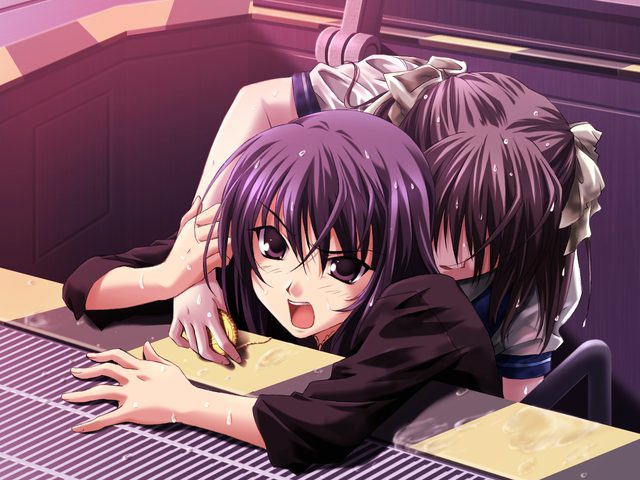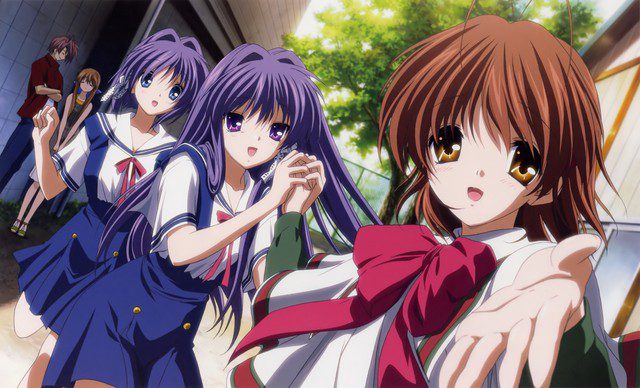With the emergence of the Vietnamese gaming industry, the Visual Novel genre has long ceased to be something distant. In fact, many people find themselves deeply affected by some Visual Novels like Ever17 – The Out of Infinity, Steins;Gate, or Clannad, which evoke profound emotional responses that are hard to ignore. However, despite having been introduced to Vietnam for quite some time, there are still many opinions suggesting that Visual Novels are a form of adult-themed game. Why do people still have mixed feelings about this genre?
Emerging in the market since the 1980s, Visual Novels are a type of role-playing game that allows players to control their characters through text-based choices, leading them through a narrative. The storyline of a Visual Novel is typically illustrated with stunning anime-style images.
The distinguishing feature of Visual Novels compared to other typical RPGs is that the narrative takes precedence, and players can influence the outcome by making decisions throughout the game, discovering various endings for a single Visual Novel. In a sense, playing a Visual Novel is akin to reading an illustrated book where one pays attention to the content rather than flipping through pages without care.
So why are Visual Novels often associated with adult-themed games?
One of the most common stereotypes of Visual Novels since their inception is that they tend to contain adult content. This type often allows players to explore various scenarios, interact with main characters, and ultimately reach a happy ending with them.
Speaking of happy endings and narratives… it goes without saying that the conclusion of a romantic storyline is often a form of… another relationship, right?
Many Visual Novels create a variety of female characters with unique personalities, often leading players to develop emotional attachments to these fictional characters. As a natural demand, many developers have expanded the content of Visual Novels to include not only romantic interactions but also deeper stories with various character backgrounds.
Unfortunately, the growing number of Visual Novels featuring these emotional elements has led to a misconception in the gaming community that Visual Novels are solely related to adult content, which is not the case for those unfamiliar with what Visual Novels truly are.
Visual Novels are not adult games!
As mentioned earlier, Visual Novels emphasize narrative, focusing on building a rich world with living characters, offering players unforgettable stories that linger in their minds.
In other words, Visual Novels are similar to traditional novels or comic books, only different in their interaction with players—not only through text but also through stunning anime-style illustrations.
It is not uncommon for certain Visual Novels to include emotional elements, but if you’ve played through a few games, you will likely find that the emotional moments can evoke a “strong reaction,” or perhaps lead to tears at certain plot points.
It is also not surprising that in various films or manga series, you may encounter characters that resemble “nerds” or otaku. These characters often exhibit extreme emotions toward the fictional characters, showing deep attachment while simultaneously being overly critical of their own existence. These characters are often designed to provide humor, but they also reveal that Visual Novels allow players to experience not just fleeting moments but also the profound feelings tied to “realistic” characters developed within them.
Conclusion
To put it plainly, if there were no Visual Novels conveying emotional elements, it could easily create a misunderstanding that Visual Novels are purely adult games. However, we should recognize that, in reality, Visual Novels offer an incredible gaming experience for players of all ages, and they should not be solely associated with adult themes without proper context.
























